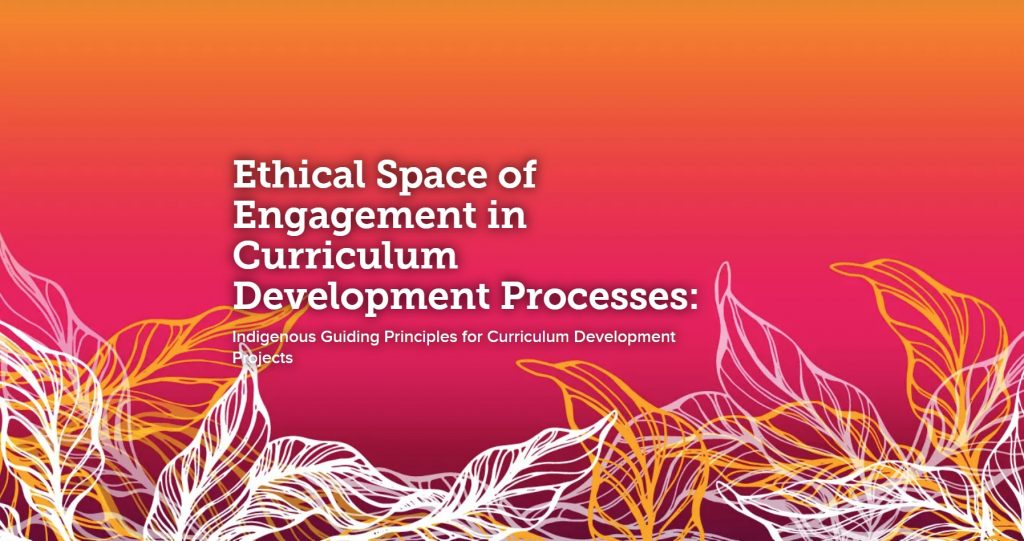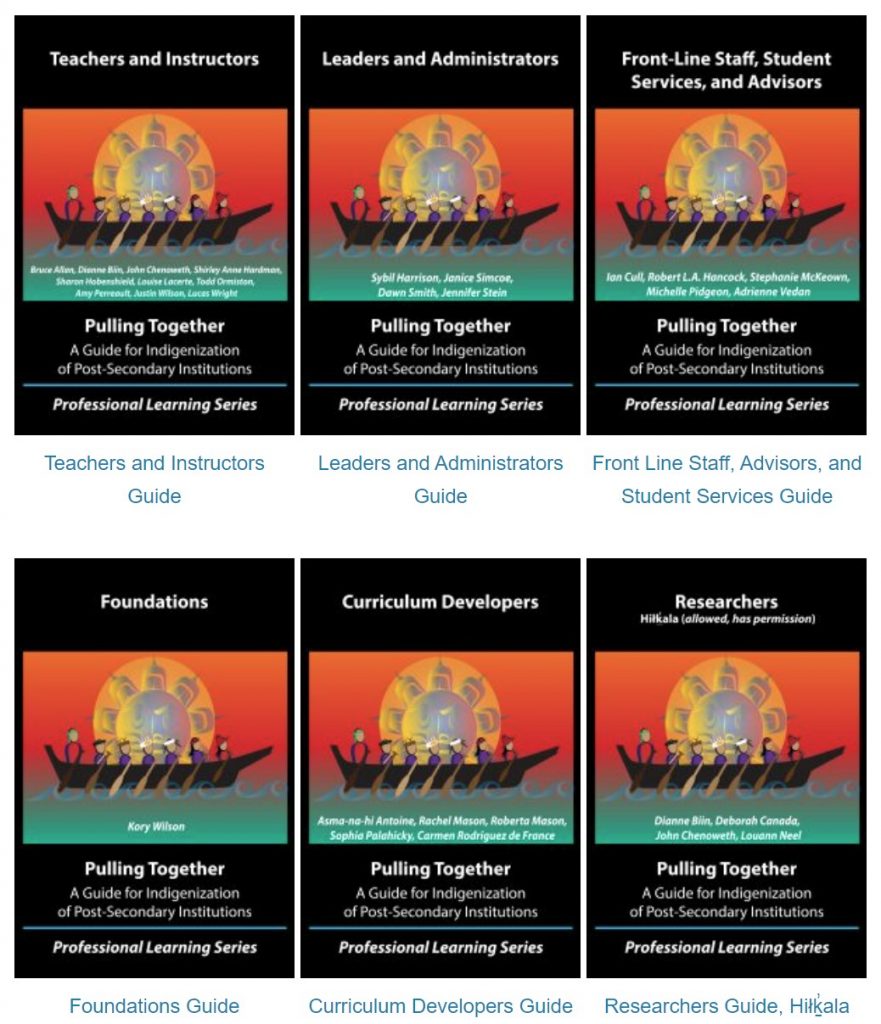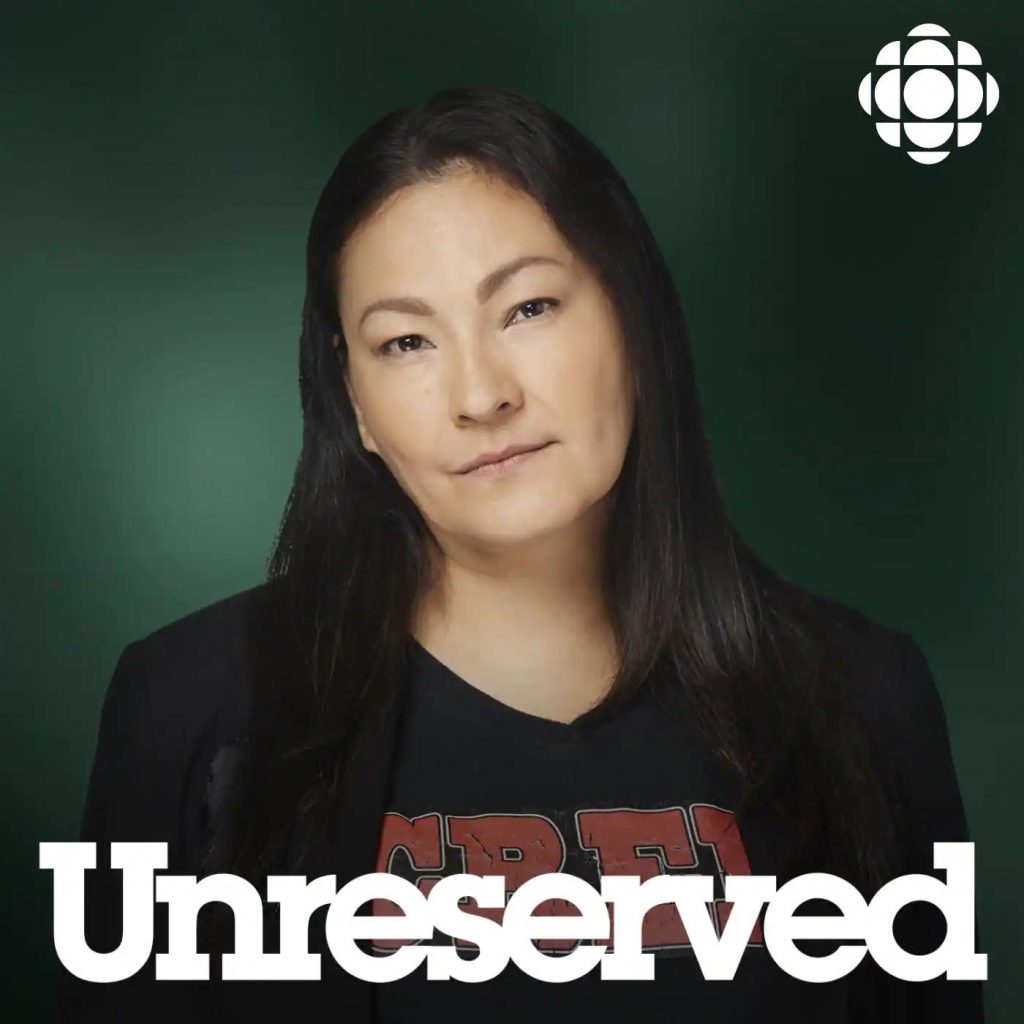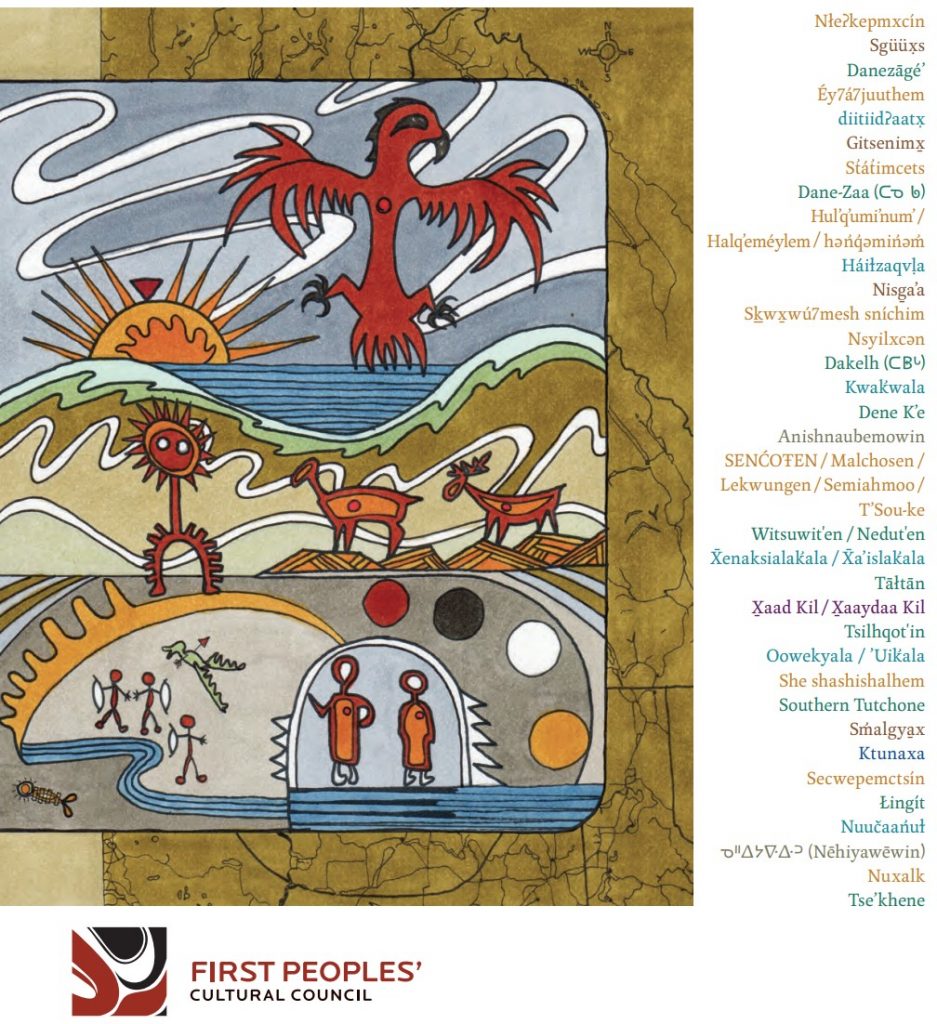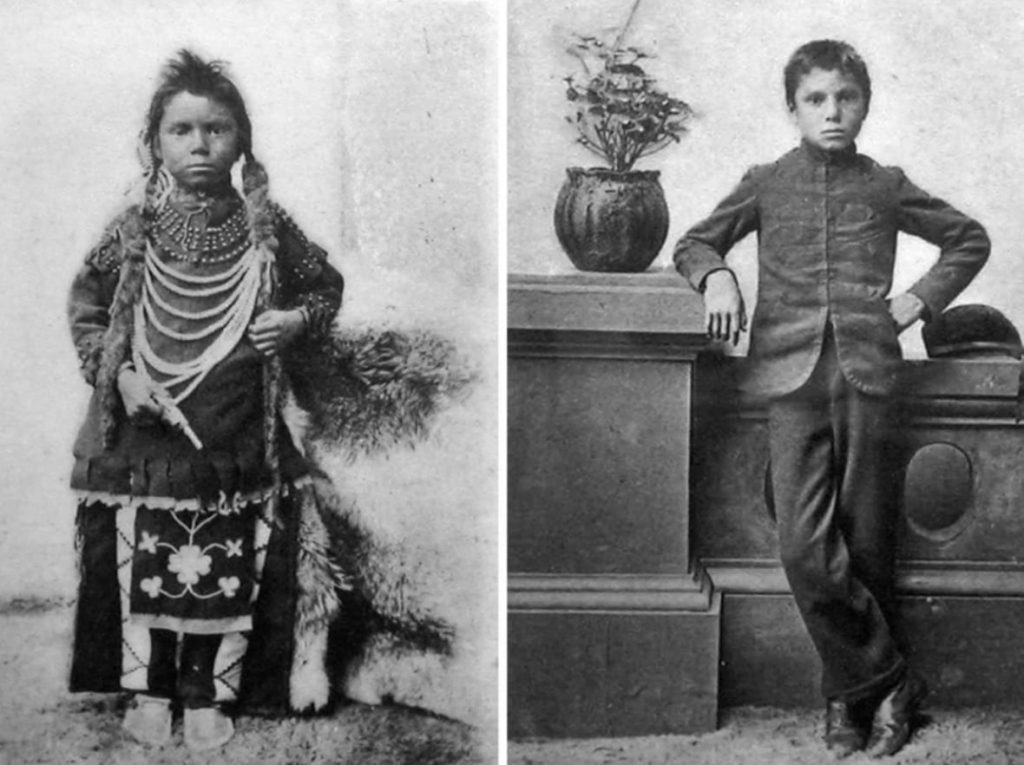The fifth resource for my Module 2 research collection is an article on the creation, implementation, and analysis of the first online professional development course for principals of First Nations schools across Canada. This article discusses the complexities and opportunities of bringing Indigenous values into a virtual educational space through the Five Rs Framework which includes respect, relevance, reciprocity, responsibility, and relationships. Read through the article below to analyze more descriptions and examples of the Five Rs Framework for indigenizing online learning.
Tessaro, D., Restoule, J. P., Gaviria, P., Flessa, J., Lindeman, C., & Scully-Stewart, C. (2018). The five Rs for indigenizing online learning: A case study of the First Nations schools’ principals course. University of Toronto. https://tspace.library.utoronto.ca/handle/1807/91087

